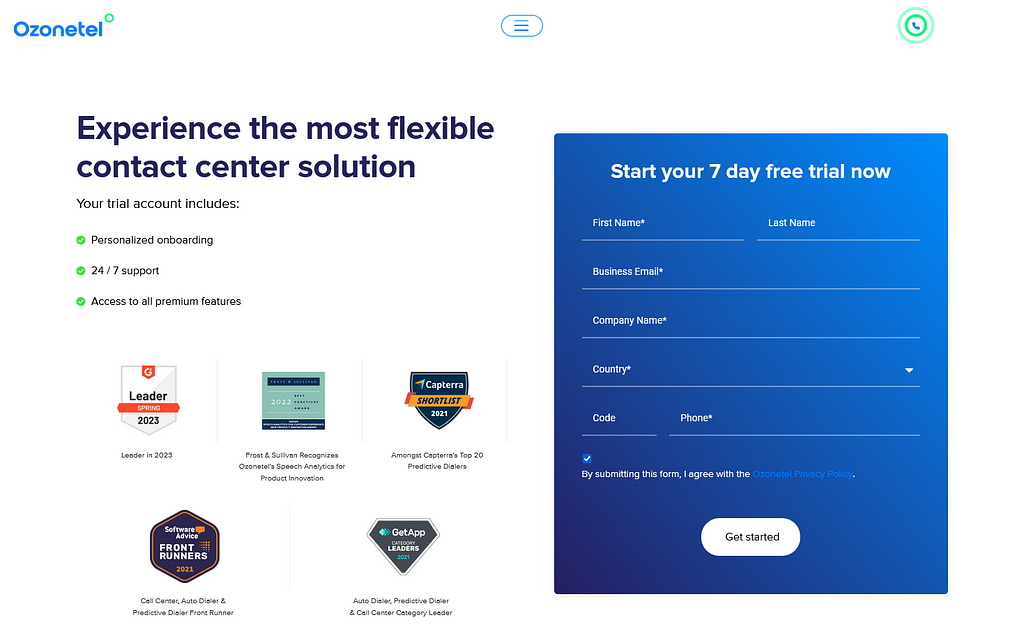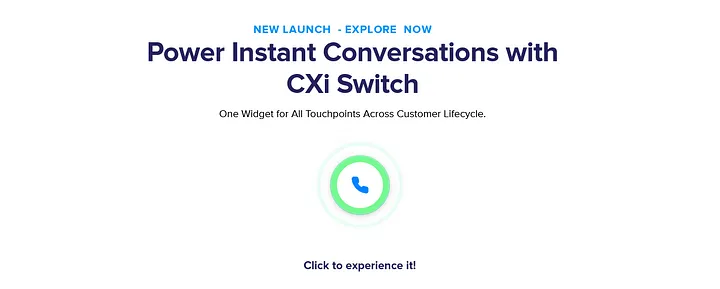- Resources
- Call scheduling for better sales and support
Call scheduling for better sales and support

Question: When is the best time to call your customer?
Answer: When your customer wants you too!
When speaking to the customer, timing matters. How do you ensure that your agents call customers at times that suit them? Are they still jotting appointment times down in a diary? Does your telephony solution let you schedule your outgoing calls in an organized manner?
A call scheduler is an important tool to ensure:
- You call customers/prospects at times they prefer.
- You demonstrate reliability, by sticking to your promise of calling back at a specific time.
How to schedule your sales calls?
During Lead Generation
When someone fills out a lead form on your website, it’s very very valuable. It has probably taken you significant marketing efforts to get them to sign up. Don’t squander it all away by calling them when they’re bang in the middle of something else.
Industry best practices suggest that you give a preferred callback time and date option on your lead form itself. I suggest giving two time slot options.
You can integrate your form with your cloud telephony API and schedule the call to the specified time.
During call conversation
Sometimes, during phone conversations, your prospect/customer may ask your agent to schedule a follow-up call at a specified time & date. It is imperative that there is a process in place to ensure that the call back takes place at the agreed time and date.
Businesses which are prompt, and keep their promise of a call back at a given time are naturally seen as more reliable and get better conversions from their prospects.
Scheduling calls in your CRM
If your agent has their CRM window open while speaking to the customer, they can use their CRM + telephony integration to schedule calls directly into their contact center software/ telephony solution.
Scheduling retries using an auto dialer
You autodialer may be set to dial a long list of contacts. What happens to the leads who don’t answer in the first try? You need to reschedule these calls. Preferably, this should be automated.
Scheduling as per call history.
If your prospect has a call history with you, you can use it to precisely predict when they will be happiest answering calls.
Can you schedule incoming calls?
Although call schedulers are meant for scheduling outgoing calls, we get a lot of inquiries about scheduling incoming calls. This could be from businesses who have two or more teams working in shifts to answer support calls. Or sometimes, smaller businesses want to know how to schedule how incoming calls are sent to their part time employees.
This can be done with our time-based routing within the Automatic Call Distribution.
Quite often we get asked if scheduling a call can be done programmatically. With KOOKOO the answer is yes. We offer open APIs which allow the user to control our dialer using a CRM and conditional API calls. Do get in touch with us to know more.
Scheduling retries using an auto dialer
These are the different rules you can use to retry the call:
- Immediately. When a call goes unanswered, the auto-dialer redials immediately.
After all primary data has been dialed. When all the contacts in the list have been dialed, the auto dialer will go back and systematically call the unanswered calls. - After a specified time. You can set a specific time range for callbacks. For example, you can arrange a call back 2 hours or 4 hours after the call first went unanswered.
- The next day. Sometimes it’s worthwhile to try the same number on a different day of the week. Set your auto dialer to retry the number the next day, and see if it improves your chances.
KOOKOO has built-in advanced engine rules that help you experiment and find the time and date that suits your particular dataset/industry/prospect personna.







